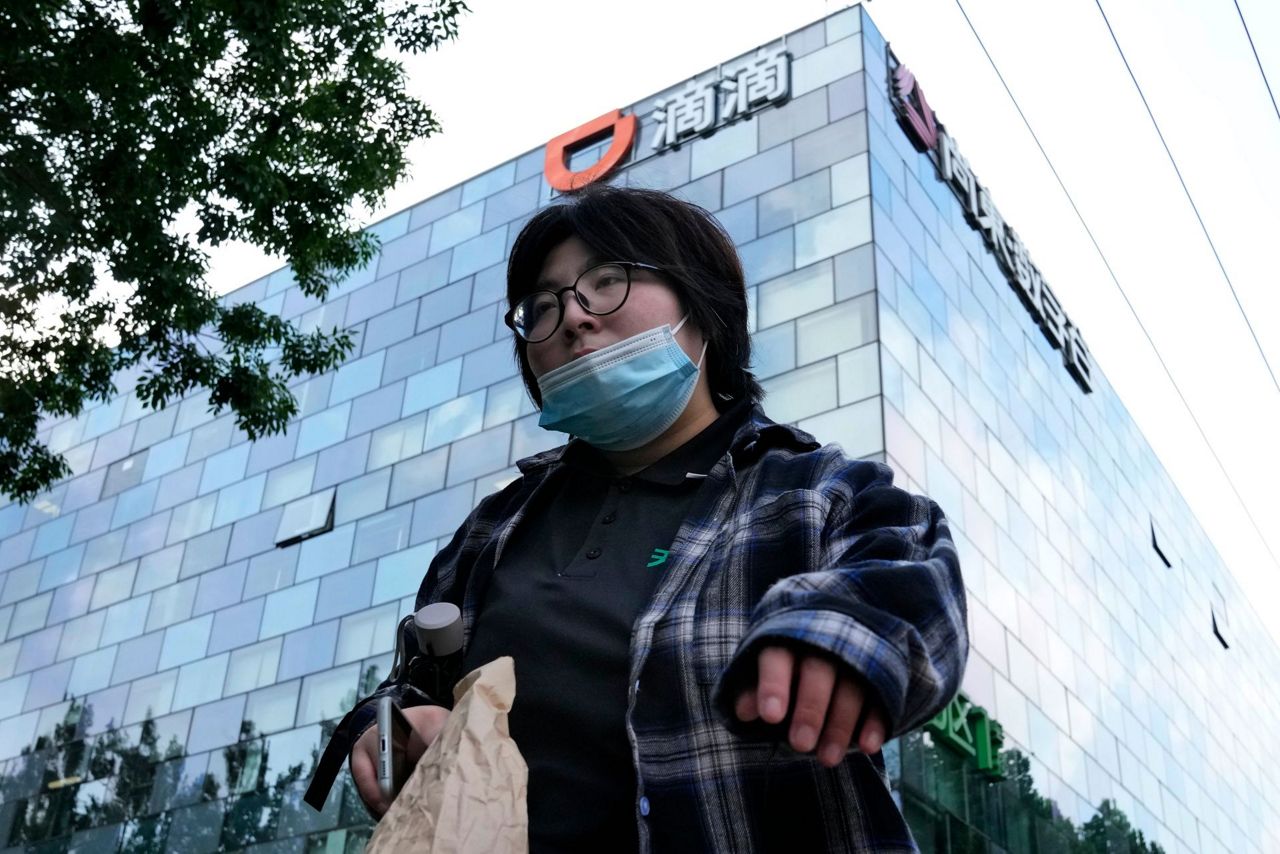China’s Didi quits US stock exchange amid tech crackdown
[ad_1]
BEIJING (AP) – Chinese ridesharing service Didi Global Inc. on Friday announced it would withdraw from the New York Stock Exchange and move its listing to Hong Kong as the ruling Communist Party tightens its control over tech industries.
Didi’s one-sentence announcement gave no explanation, but stock prices of Didi and other tech companies, including e-commerce giant Alibaba Group, plummeted after being hit by security measures. data and anti-monopoly.
Regulators said in July they would step up scrutiny of Chinese tech companies whose shares are traded on foreign stock exchanges. Entrepreneurs who are largely excluded from the public financial system have raised billions of dollars abroad. But Beijing is tightening control over this and promises to give them more ways to raise funds in China.
“After careful research, the company will immediately begin delisting from the New York Stock Exchange and begin preparations for its Hong Kong listing,” Didi said on his social media account.
Hong Kong is Chinese territory but has a separate regulatory system that allows foreigners to invest in its stock market. Mainland markets are mostly closed to foreign capital.
Beijing-headquartered Didi Chuxing raised around $ 4.4 billion when it debuted in the market on June 30.
Its share price fell 25% after the government announced it was investigating how Didi collected and processed customer data. The company had previously denied information that it planned to buy back its US shares.
The ruling party views information gathered about the public and China’s economy through e-commerce, social media and other private enterprises as a valuable asset and a security risk.
China’s cyberspace regulator said earlier it found “serious violations” in the way Didi collects and stores personal information. He said the company needed to “rectify the problems”, but gave no details. Didi was then ordered to remove 25 of her apps from online stores.
Chinese companies have been selling stocks overseas for two decades, but regulators have yet to say whether the financial structures they use comply with rules that ban foreign ownership of internet companies and limit access to internet companies. ‘other industries.
The ruling party is also trying to capture more of the value of tech industries for the Chinese public by encouraging companies to sell stocks in domestic markets.
The shares of a handful of mainland companies traded in Hong Kong can be bought by Chinese investors through mainland exchanges. Meanwhile, a stock exchange created to serve entrepreneurs began trading on November 15 in Beijing.
Copyright 2021 The Associated Press. All rights reserved. This material may not be published, broadcast, rewritten or redistributed without permission.
[ad_2]


Comments are closed.